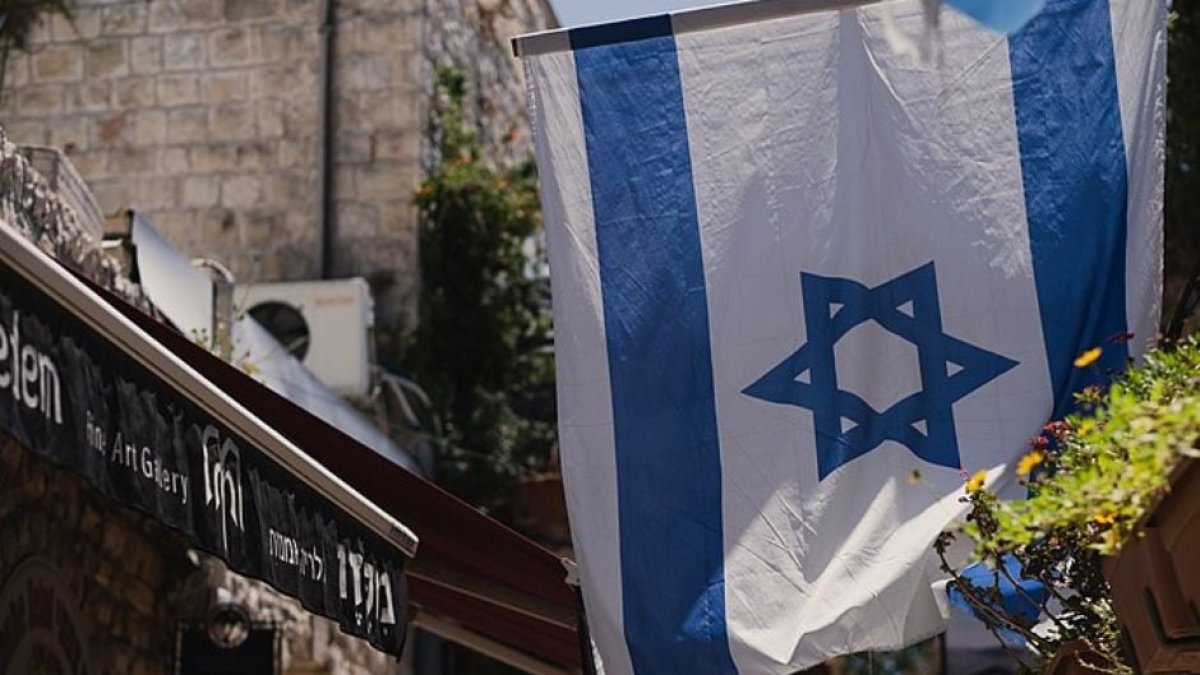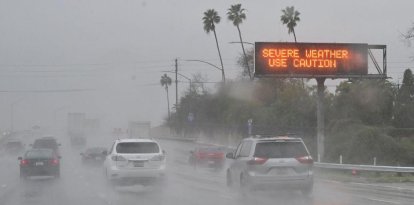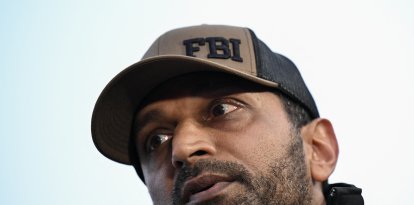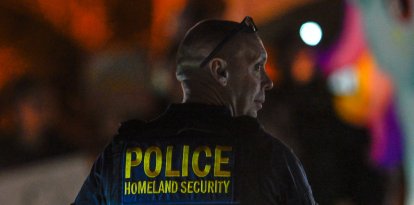In the United States, one in five young people believe the Holocaust is "a myth"
This was found in a survey carried out by YouGov/The Economist, carried out during the first days of December.

Wikimedia Commons
On December 5, the House of Representatives held a hearing with the presidents of Harvard University, the University of Pennsylvania and the Massachusetts Institute of Technology (MIT), to address episodes of antisemitism on campuses.
In one of the most viral exchanges, Republican Congresswoman Elise Stefanik asked if "calling for the genocide of the Jews" violated university regulations, to which Liz Magill, president of UPenn, responded that it depended "on the context." Almost by chance, YouGov/The Economist conducted a survey that asked young Americans about the Holocaust, and the findings were not very encouraging.
According to their findings, among the young people surveyed (between 18 and 28 years old), 20% of them believe that the Holocaust is "a myth," much more than the 8% who answered the same but in an age range between 30 and 44 years. In turn, another 30% of the younger group said they were unsure if the Holocaust was a myth.
The survey also found that, by a ratio of one to five, young people surveyed believe that Jews have too much power in the United States.
As for the reason for these results, The Economist analyzed that "education levels do not appear to be the culprit" since "the proportion of respondents who believe that the Holocaust is a myth is similar across all levels of education."
"Social media might play a role. According to a 2022 survey from the Pew Research Centre, Americans under 30 are about as likely to trust information on social media as they are to trust national news organisations. More recently, Pew found that 32% of those aged 18-29 get their news from TikTok. Social media sites are rife with conspiracy theories, and research has found strong associations between rates of social media use and beliefs in such theories. In one recent survey by Generation Lab, a data-intelligence company, young adults who used TikTok were more likely to hold antisemitic beliefs", the Economist added.
























